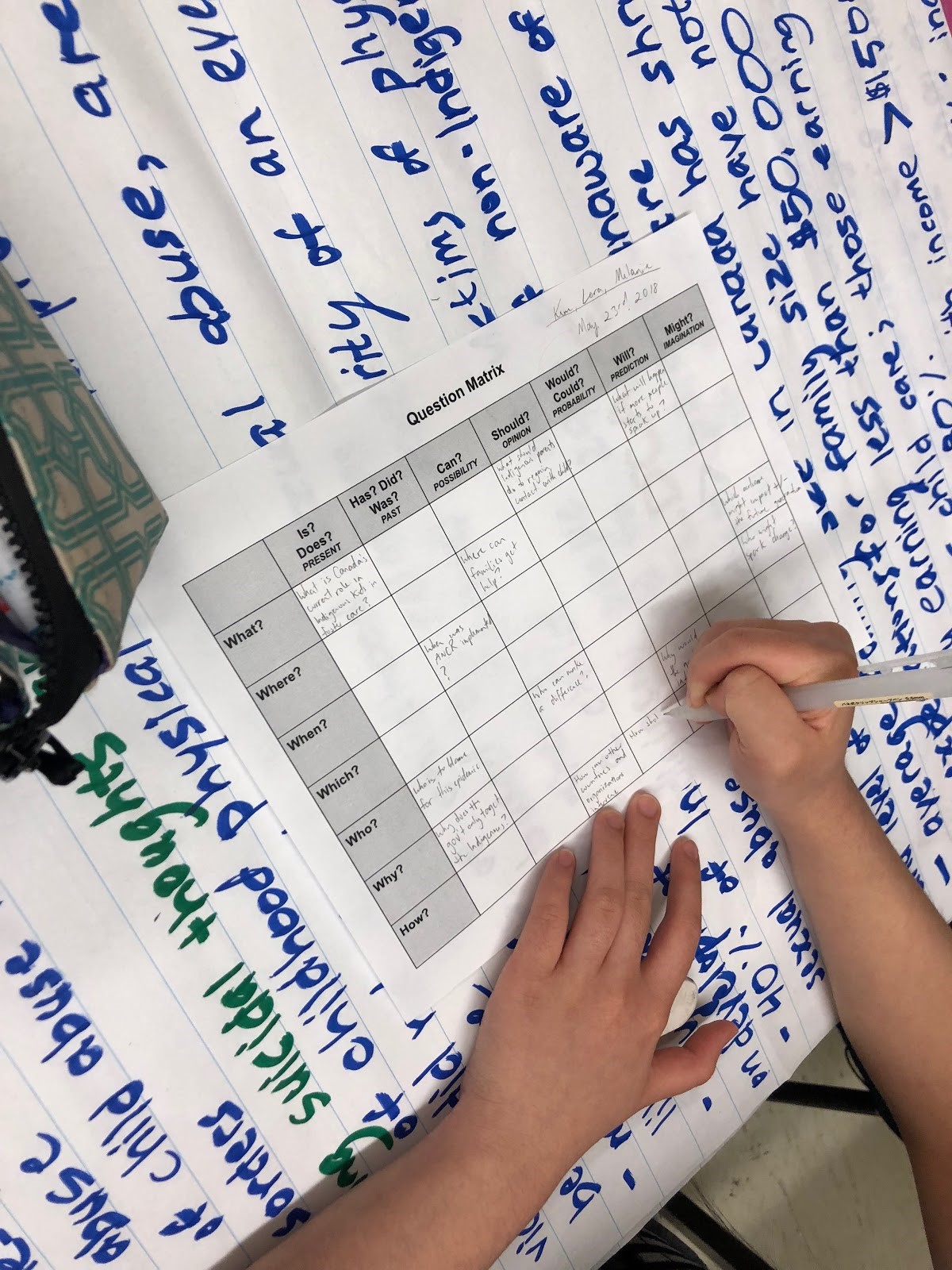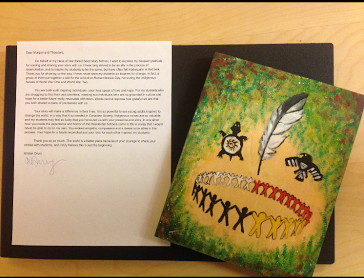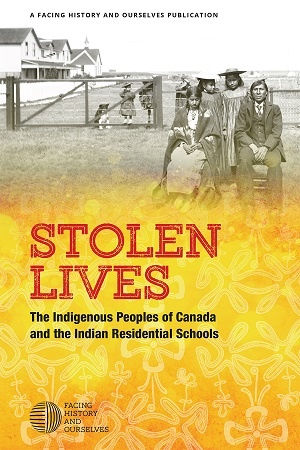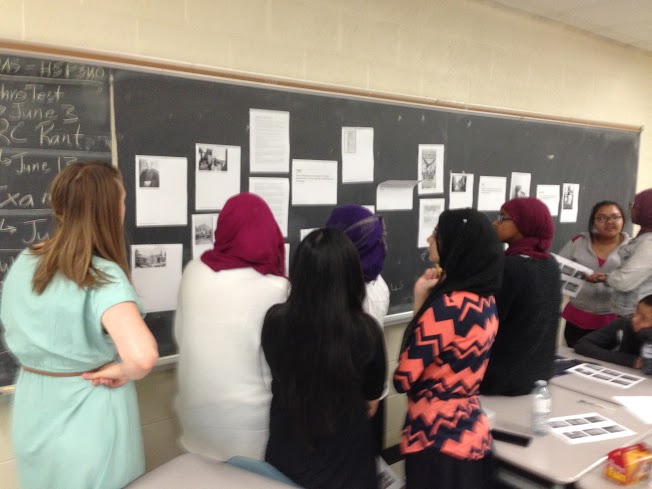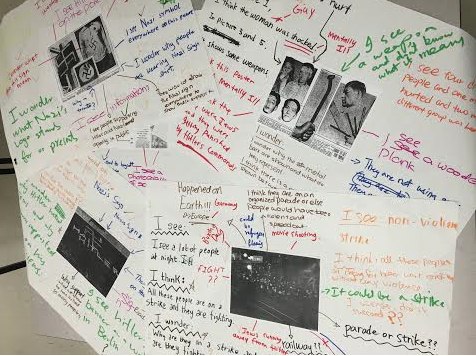When I first found out I was teaching Families in Canada, a grade 12 Family Studies course, I immediately began to consider how I could embed Indigenous perspectives within my course. So often, as history teachers we tend to focus on significant events where Indigenous Peoples experience discrimination. What Facing History and Ourselves' pedagogy reminds me is to acknowledge the resiliency, distinctiveness and contemporary life of the many Indigenous peoples in Canada, their cultures and civilizations in my teaching. This seemed like a perfect opportunity to do both.
Kristen Drury
Recent Posts
Apathy to Action: Survivor Testimony kindling students' hopes for Reconciliation
Posted by Kristen Drury on April 18, 2017
In order to pursue a conversation about reconciliation in my classroom, and to ensure that my voice as a non-Indigenous teacher does not become louder than the survivors, I constantly strive to include Indigenous voices in my classroom. I want my voice to amplify Indigenous voices, not speak over them, or for them. I was fortunate enough to be given the opportunity through Facing History and Ourselves to have Theodore Fontaine share his experiences with the Canadian Residential School System in my Challenge and Change Grade 12 University class.
Topics: Choosing to Participate, Survivor Testimony, Truth and Reconciliation, stolen lives
Cultural Genocide in Canada: Challenging institutionalized racism and moving towards Reconciliation
Posted by Kristen Drury on February 14, 2017
One of the reasons why I love teaching is that I can open students’ eyes to injustices that exist today - injustices like the missing and murdered Indigenous women - and the ways in which they can promote change. The grade 12 Challenge and Change course provides the ideal opportunity to raise these issues, and Facing History’s approach, strategies, and readings give me the tools to authentically engage students.
Indigenous Cultures, Language, and the TRC through an Anthropological Lens (Part 1)
Posted by Kristen Drury on July 4, 2016
Indigenous Canadians and their cultures should not remain solely in Canadian history courses. They are not extinct, they are not remnants of our past; they are living, breathing, human beings that should have the ability to contribute to our contemporary discourse. Their voices are vital to understanding the Canada that we live in today, and the Canada that we want to live in the future. We feel that students should be exposed to their narrative through a variety of social science and historic lenses in order for us as Canadians to move towards reconciliation. Furthermore, Indigenous studies should not be a “token” topic on a worksheet or organizer. It should be give the same time and examined in as much depth as any other major topic in the curriculum. With this in mind, our goal for our grade 11 social science course “Introduction to Anthropology, Sociology and Psychology” was to find a way to include Indigenous voices, allowing students opportunities to grapple with historic and contemporary issues. Through private reflection, students were very open about their unintentional ignorance and embraced the challenge and opportunity to explore the First Nations, Metis and Inuit Peoples in Canada. It is with this in mind, that we incorporated the resource Stolen Lives as a focal point for our cultural anthropology sub- unit.
Helping students view Prejudice and Discrimination as a Universal Problem
Posted by Kristen Drury on May 12, 2016
Throughout my years of teaching I began to realize something that Facing History and Ourselves so adeptly addresses- that we tend to see ourselves as “us” vs. “them.” I think that’s one of the hardest issues I’ve come across in teaching WWII, as so many students see what happened as a problem solely with Germany. “They” were racist. That could never happen “here!” It’s “their” problem. But what I really wanted to address in my classroom is that the roots of anti-Semitism and racism that led to the Holocaust were not just found in Germany!
Topics: Antisemitism, Choosing to Participate, History, Canada, Canadian History, genocide, big paper

